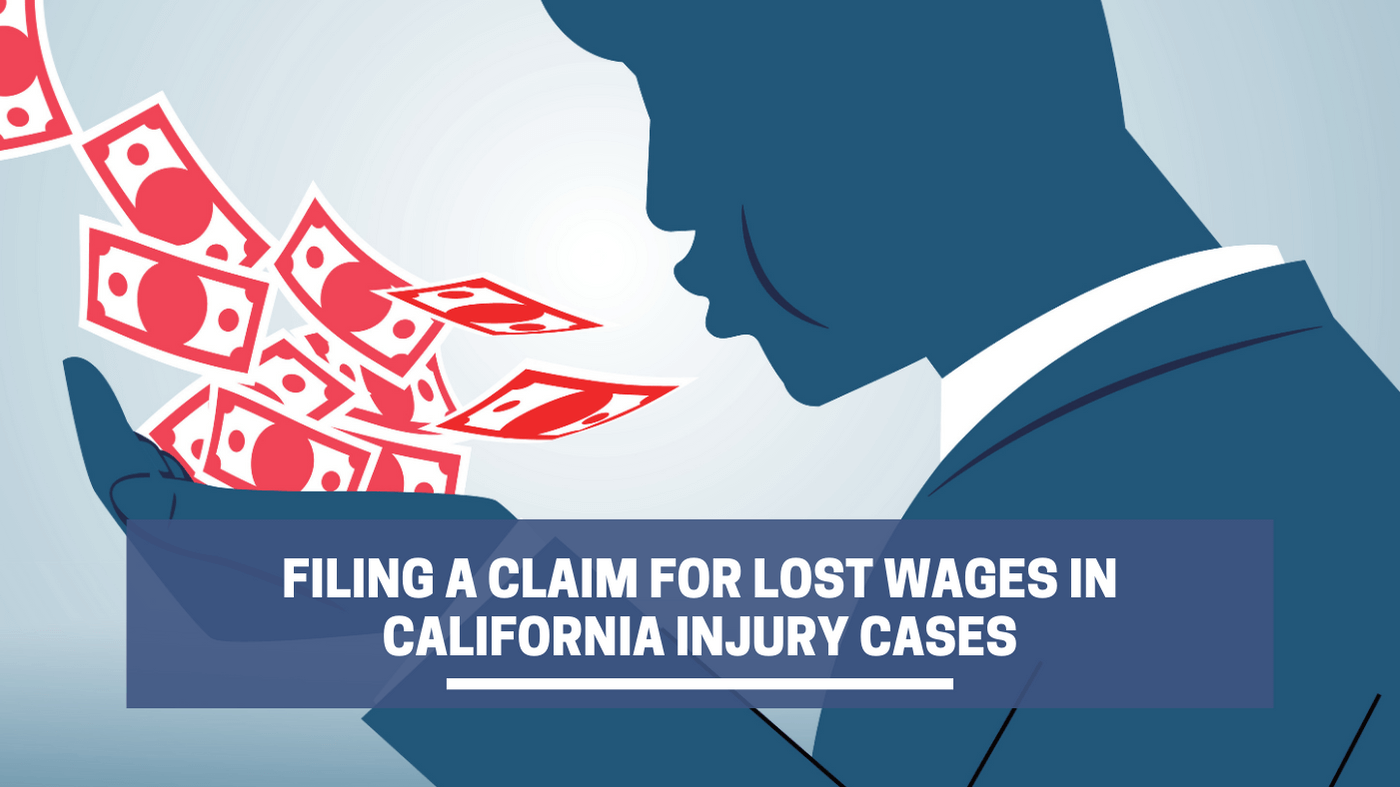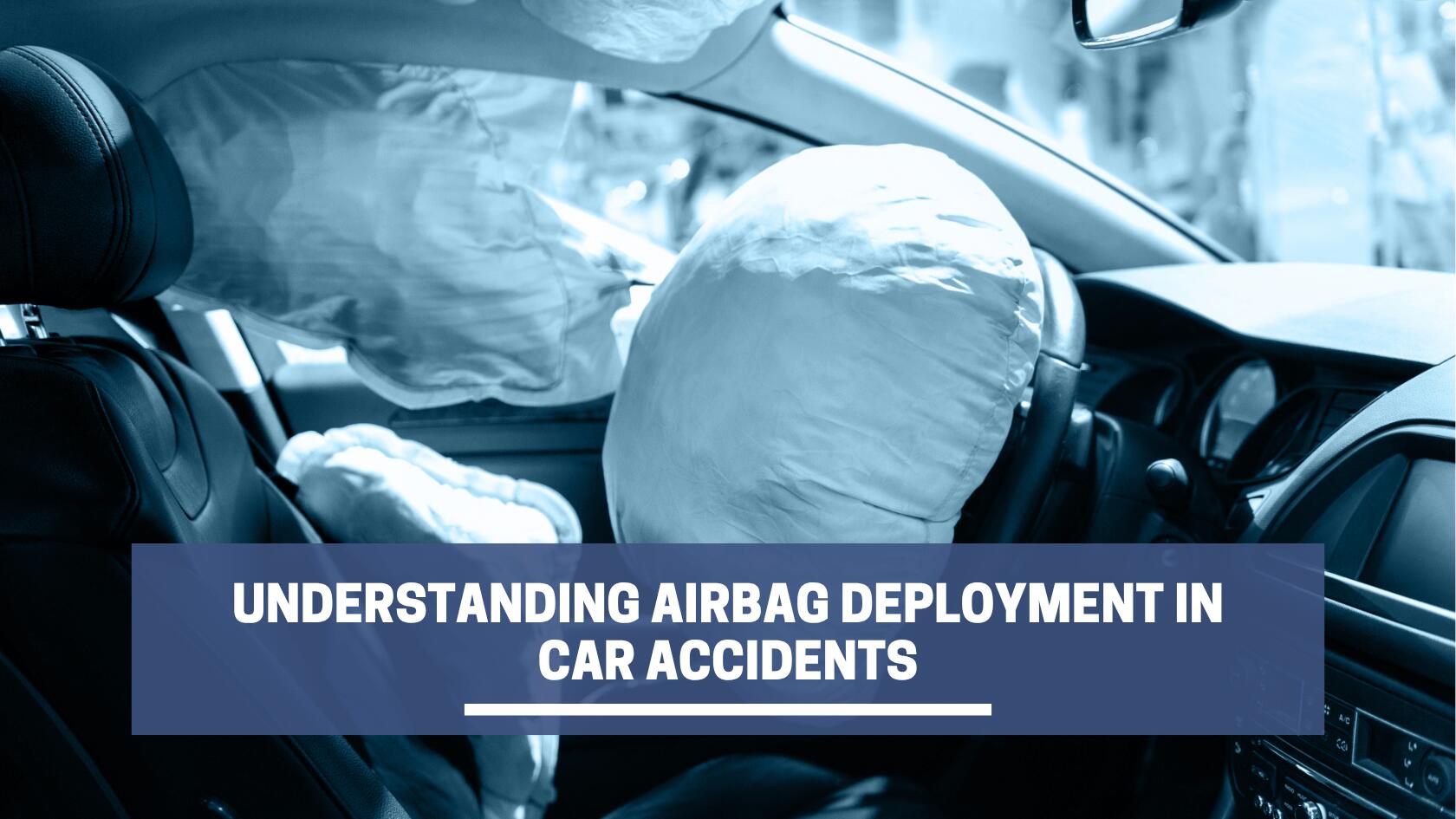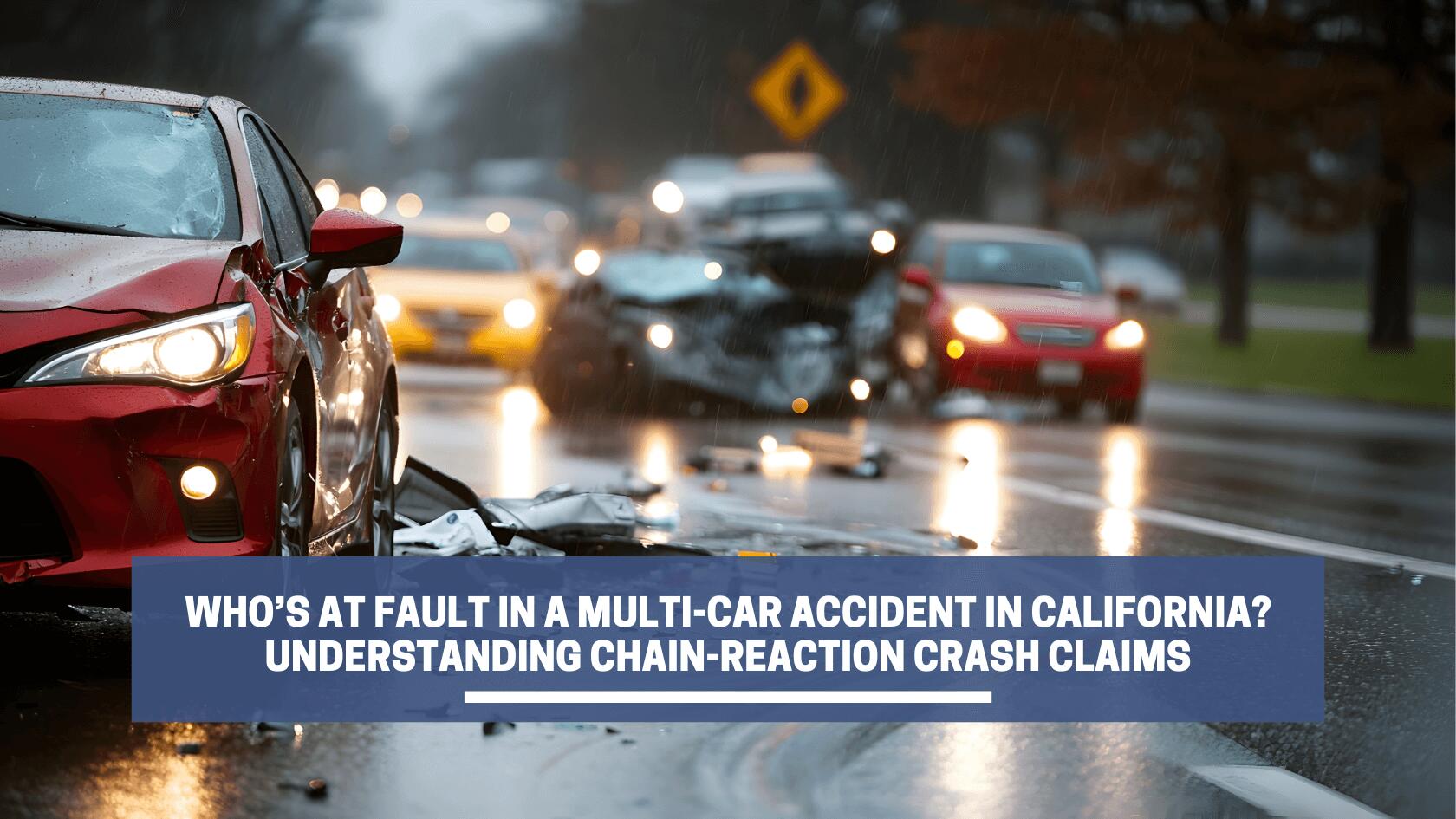When you’re injured in a personal injury accident, taking time off work is often necessary to focus on recovery. Sometimes, the severity of your injuries might prevent you from returning to your job permanently, or at least not in the same capacity as before the accident.
If another person causes your injuries, you have the right to seek compensation for lost wages as part of your personal injury case. A loss wages claim can help repay income you’ve already lost and any future earnings you might forfeit if your injuries limit your ability to work.
Learn more about your rights to lost wages after a personal injury accident in California and how a skilled attorney can help you estimate your losses for full compensation.
What are Lost Wages in a Personal Injury Case?
In a personal injury case, such as a car crash, a workplace accident, or a product liability incident, lost wages refer to the wages and salaries you couldn’t earn due to your injuries. Loss of earnings is categorized into two groups: lost wages and lost future earning capacity.
- Lost wages. These are the earnings you couldn’t receive because your injuries from an accident prevented you from working. For example, if you had to miss two months of work to recover from a car accident, the salary for that period would be your lost wages.
- Lost future earning capacity. This refers to the income you cannot earn in the future because your injuries from an accident lead to long-term disability or permanently alter your earning potential. For example, if a severe back injury from a vehicle collision prevents you from performing physically demanding jobs and you have to switch to a lower-paying role, the decrease in your earnings represents your lost future earning capacity.
How Do You Calculate Lost Wages?
Calculating lost wages involves measuring the income you missed due to an inability to work following an accident. Accurate calculation ensures you receive adequate compensation for the economic impact of your injuries. Generally, you can estimate your lost wages with the following steps:
- Gather documentation. Collect pay stubs, tax returns, and employment documents that confirm your regular earnings before the accident. For instance, if you typically earn $1,000 weekly, several weeks’ worth of pay stubs can establish this as your regular income.
- Determine the time missed. Calculate the total number of workdays you missed while recovering from your injury. For example, if you are out for 10 workdays and typically work 8 hours a day, this totals 80 hours of lost work time.
- Calculate the amount. To calculate your total lost wages, multiply your daily wage by the number of days you missed. If your daily wage is $200 and you missed 10 days of work, your lost wages would be $200 x 10 = $2,000.
- Consider other losses. Factor in tips, bonuses, and other forms of income that you would likely have earned had you not been injured. For example, if you regularly earn $100 in tips per week, add this amount for each week missed to your total lost wages calculation.
- Account for future earning capacity. For complex loss of wages lawsuits, evaluate how your injuries are likely to affect future income. This includes estimating changes in your career path, advancement opportunities, and earning potential due to long-term or permanent limitations. Calculating these losses usually requires collaboration with an economic expert who can analyze and forecast lost earnings, including expected raises, benefits, and career growth opportunities that are now unattainable.
What’s the Statute of Limitations for Filing for Lost Wages?
In California, lost wage claims have the same statute of limitations as all personal injury cases. According to the California Courts, the limit is two years from the date of injury. If you did not discover the injury on the same day as the accident, the statute is one year after the discovery date.
Can You Be Taxed on Lost Wages?
If you recover compensation in a lost wages settlement in California, the money may be subject to taxation from the IRS or California state. Tax liability on your lost wages might include:
- Federal income taxes. Lost wages from a settlement are generally taxable, except when they compensate for physical injuries or sickness. Compensation for non-physical injuries, such as emotional distress or punitive damages, is usually taxable.
- State income taxes. The California Franchise Tax Board (FTB) considers income earned as part of a personal injury settlement taxable. You may have to pay state income taxes on lost wage compensation received after suing for loss of income.
Lost wage settlements are taxable because they are considered a replacement for income that would have been earned and taxed. Most personal injury settlements are paid in a lump sum, which doesn’t differentiate between compensatory damages like medical bills and missed earnings. To ensure you understand your obligations for any lost income received as part of your settlement, it’s best to consult a tax professional.
How Do You Prove Lost Wages or Loss of Income?
Proving your lost wage claim requires submitting evidence that demonstrates your lost wages, income, or earning capacity due to your injury, per California Civil Instructions (CACI) 3903C. Common proofs of loss of income include the following:
- Employer letter. Obtain a letter from your employer verifying your absence due to injury and outlining your normal wages. This document should include your occupation or job title, pay rate, and the dates you missed work.
- Pay stubs and tax returns. Present recent pay stubs and tax returns to establish your usual earnings. These documents provide a clear record of your income before the injury.
- Sick days and vacation time. Show records of used sick days or vacation time taken as a result of the injury. They can demonstrate financial loss from using paid leave that you would have otherwise saved.
- Promotions and career trajectory. Use performance reviews and communication about potential promotions to argue lost future earning opportunities. They support compensation claims by showing what you might have earned without the injury.
- Overtime, bonuses, and commissions. Provide historical data on overtime hours, bonuses, and commissions from past pay periods to illustrate typical extra earnings that were lost due to injury.
- Self-employment. If you are a freelancer or self-employed, submit financial statements, invoices, and client contracts as proof of what you typically earn. You may also be able to file a loss of use claim if you used your personal vehicle for work and it was damaged in the accident.
- Retirement benefits. If your injury impacts long-term earnings, show evidence, such as 401(k) statements, demonstrating how it affects contributions to retirement plans.
- Income from tips. Collect and present records of regularly reported tips to substantiate usual income from gratuities that you missed out on during recovery.
- Unemployment insurance benefits. If you receive unemployment benefits after your injury, document these payments as part of your financial impact statement, especially if they represent a decrease from your usual earnings.
What if You Were Hurt on the Job?
If you were hurt while on the job in California, you might be eligible for workers’ compensation instead of lost wages through a civil suit. Workers’ compensation covers the following for injured workers who were hurt in the course of their job duties:
- Medical expenses: All necessary medical treatment related to the injury.
- Lost wages: A portion of your lost wages, typically equivalent to two-thirds (⅔) of your weekly wages.
- Rehabilitation costs: Costs associated with rehabilitation and retraining if you cannot return to your previous job.
Workers’ compensation has no fault requirement, meaning you can receive these benefits regardless of who was at fault in the accident. This differs from civil suits, where you typically need to prove the other party’s negligence to claim lost wages and future earnings. However, unlike a civil suit, workers’ compensation does not cover damages for pain and suffering.
A personal injury attorney can review your accident circumstances to determine whether a lost wage claim or workers’ compensation would apply.
Protect Your Financial Future With a Comprehensive Wage Loss Claim
If you’ve been hurt in a personal injury accident, like an auto collision, construction accident, or slip and fall, suing for loss of wages can help you recover missed income and protect you from financial stress.
A comprehensive wage claim lets you receive missed wages from the time it takes to recover from your injuries and any future earnings lost due to the accident. Working with a qualified attorney can help ensure your settlement amount includes all lost wages, securing your financial future.











